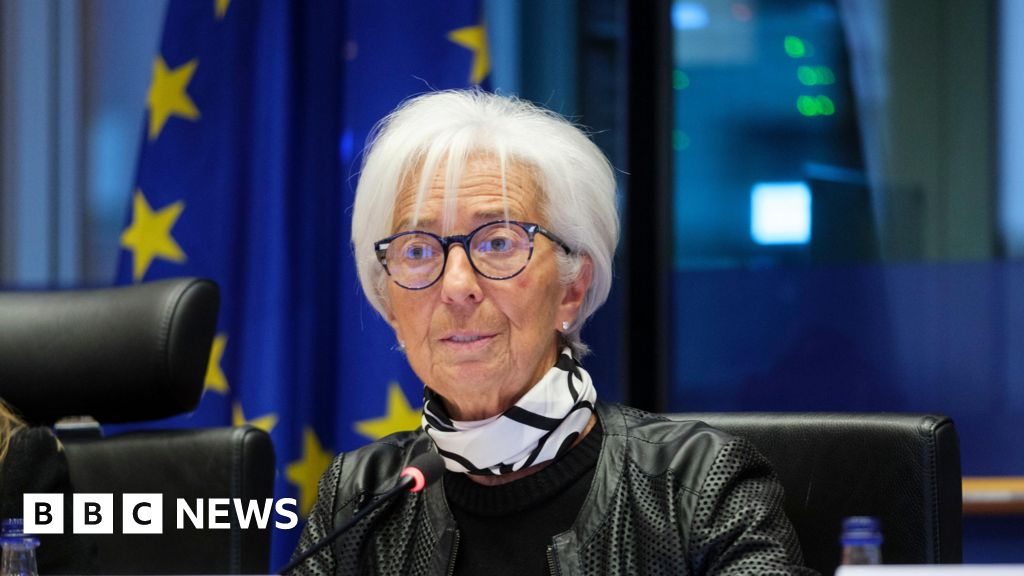Travel
Business Travel Market Growth Accelerates with 9.5% CAGR, Expected to Hit $2.1 Trillion by 2031: Impact on Global Corporate Travel Trends and Hospitality – Travel And Tour World

Tuesday, December 10, 2024
The business travel industry is poised for substantial growth, with projections showing the market will increase from $689.7 billion in 2021 to an estimated $2.1 trillion by 2031. This growth represents a compound annual growth rate (CAGR) of 9.5%. The driving forces behind this expansion are diverse and include a shift toward bleisure (business plus leisure) travel, advancements in Internet of Things (IoT) technologies, the development of smart hotels, and increased use of robotics in hospitality. The integration of these trends is expected to fuel growth across various sectors, especially food and lodging, as well as transportation and recreation.
Key Drivers of Growth in the Business Travel Market
The rise in popularity of bleisure travel, which allows business travelers to combine work with leisure activities, is one of the primary drivers of the expanding business travel market. This growing trend not only enhances work efficiency but also provides a means of relieving stress, making business trips more attractive. As more people seek to balance professional and personal experiences, the demand for services and accommodations that cater to both business and leisure is increasing.
The growth of online travel agencies (OTAs) such as Booking.com, Expedia, and KAYAK has significantly impacted the business travel sector by providing more streamlined booking experiences. These platforms enable seamless integration of both business and leisure aspects of travel, contributing to the rise of bleisure tourism. This trend is becoming particularly important in emerging markets, where online platforms are gaining traction among both business and leisure travelers.
Technological innovations, such as IoT, are also playing a pivotal role in transforming the business travel experience. The development of smart hotels, where IoT devices streamline guest experiences, is particularly notable. These technologies allow for personalized services such as smart room controls, automated check-ins, and efficient in-room services. Additionally, the use of robots in hotels, for tasks such as greeting guests, providing information, and even cleaning, is helping hotels improve efficiency and customer service. These advancements are expected to further drive demand for business travel services, particularly in the food and lodging sectors.
Market Segmentation and Trends
The business travel market is categorized into several segments, with key differentiators including service type, industry, traveler type, and geographic region. The primary services in the business travel market include transportation, food and lodging, and recreation. The transportation segment is further divided into air, rail, and car services, each catering to the different preferences and needs of business travelers.
The food and lodging segment is expected to witness the fastest growth, registering a CAGR of 9.8% during the forecast period. This growth is driven by increasing demand for high-quality accommodations, with many business travelers opting for premium services that offer comfort and convenience.
In terms of industry, the market is divided into government and corporate segments. The corporate sector dominates the business travel market, contributing 65.9% of the total market share in 2021. Corporate business travel includes activities such as client meetings, employee training, and product promotions, which continue to drive the demand for business travel services.
Business travel is also segmented by traveler type, with the two primary categories being group and solo travelers. Solo travelers are increasingly opting for tailored, high-end services that combine both work and leisure, contributing to the growing popularity of bleisure travel. The corporate sector is particularly focused on catering to this growing demand, as more employees seek to maximize the value of their business trips by incorporating personal time into their travel schedules.
Geographically, North America, Europe, and Asia-Pacific are the major regions driving business travel demand. North America, led by the U.S., remains the largest market, with projections showing that it will generate $374.5 billion by 2031. Europe follows closely behind, with the corporate sector in the UK and Germany contributing significantly to regional growth. The Asia-Pacific region is also seeing a rise in business travel demand, driven by rapid economic growth and the expansion of multinational corporations in the region.
Challenges and Opportunities
Despite the growth prospects, the business travel market faces challenges. The rise of video conferencing technology has provided a cost-effective and time-efficient alternative to in-person business meetings, which could reduce the need for some business travel. However, the demand for face-to-face interactions remains strong, particularly for high-stakes meetings, conferences, and networking events. While virtual meetings offer convenience, they cannot fully replace the value of in-person connections, which continue to drive business travel.
Geopolitical instability and global economic uncertainty also present potential risks to the business travel sector. Trade tensions, political unrest, and fluctuating exchange rates can impact corporate travel budgets and affect the demand for international business trips. However, despite these challenges, the overall outlook for the business travel market remains positive, as companies recognize the value of building relationships, closing deals, and expanding markets through in-person engagements.
One of the significant opportunities for the business travel market is the increasing investment in infrastructure and the continuous technological advancements being made in the sector. The development of new airports, enhanced transportation networks, and the rise of smart hotels will create additional demand for business travel services. Additionally, the growing interest in sustainable tourism and eco-friendly travel solutions will likely shape the future of business travel.
Market Outlook
In conclusion, the global business travel market is on track for significant growth over the next decade. The rise of bleisure travel, technological innovations, and the increasing demand for high-quality services in transportation, food, and lodging will continue to drive market expansion. The corporate sector, in particular, will remain the largest contributor to market growth, while the growing trend of solo and personalized travel experiences will shape the future of business tourism.
Despite challenges posed by alternative meeting solutions and geopolitical risks, the future of business travel is bright, with ample opportunities for industry players to innovate and cater to the evolving needs of business travelers. The continued growth of infrastructure, the integration of smart technologies, and a renewed focus on sustainability are expected to further enhance the overall business travel experience, leading to a market poised for substantial growth in the coming years.
Tags: asia-pacific, bleisure travel, business tourism, business tourism news, Business Travel, Canada, china, Corporate Growth, Corporate travel, Europe, Global business travel market, Global Market, north america, Singapore, Tourism, Tourism news, tourism recovery, travel industry news, Travel News, travel technology, travel trends, UK, United States, usa










